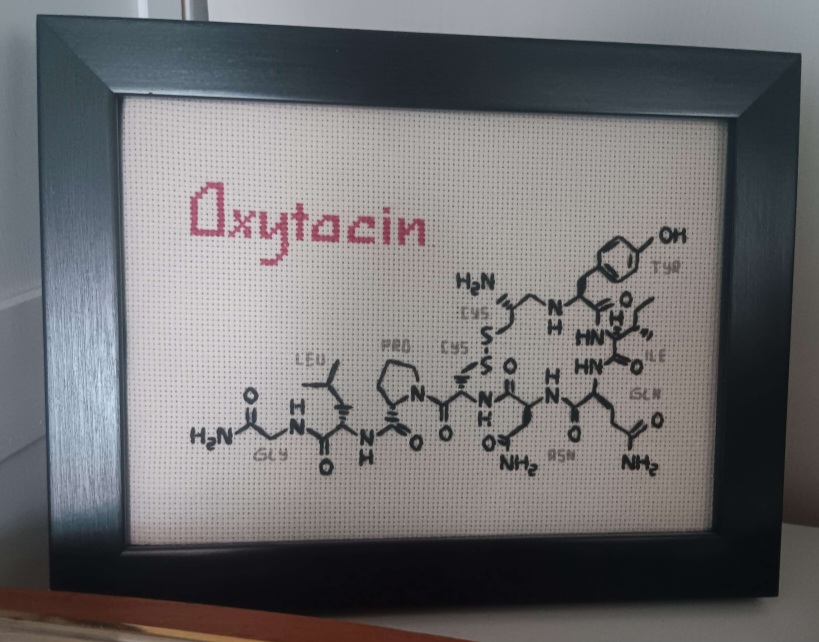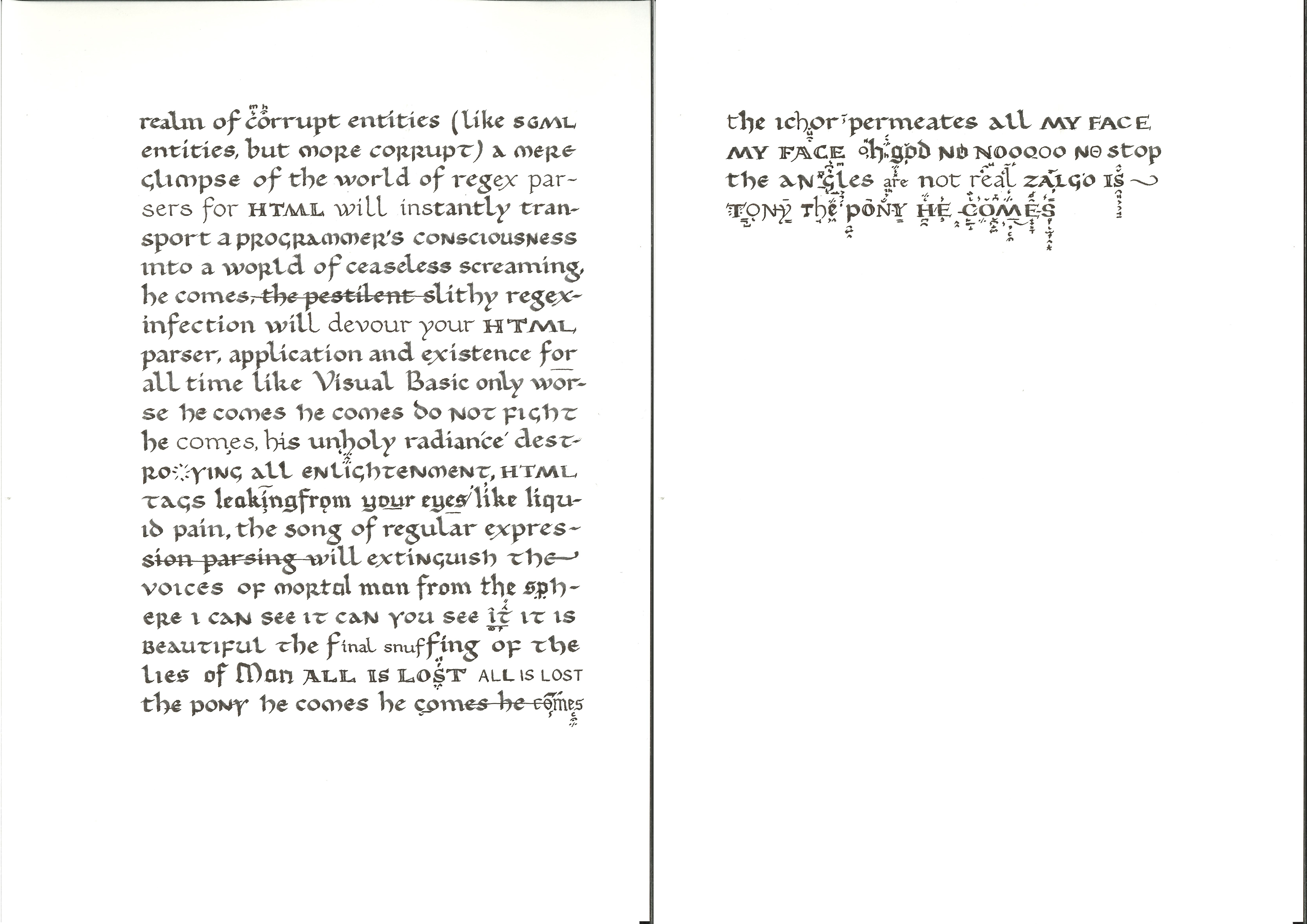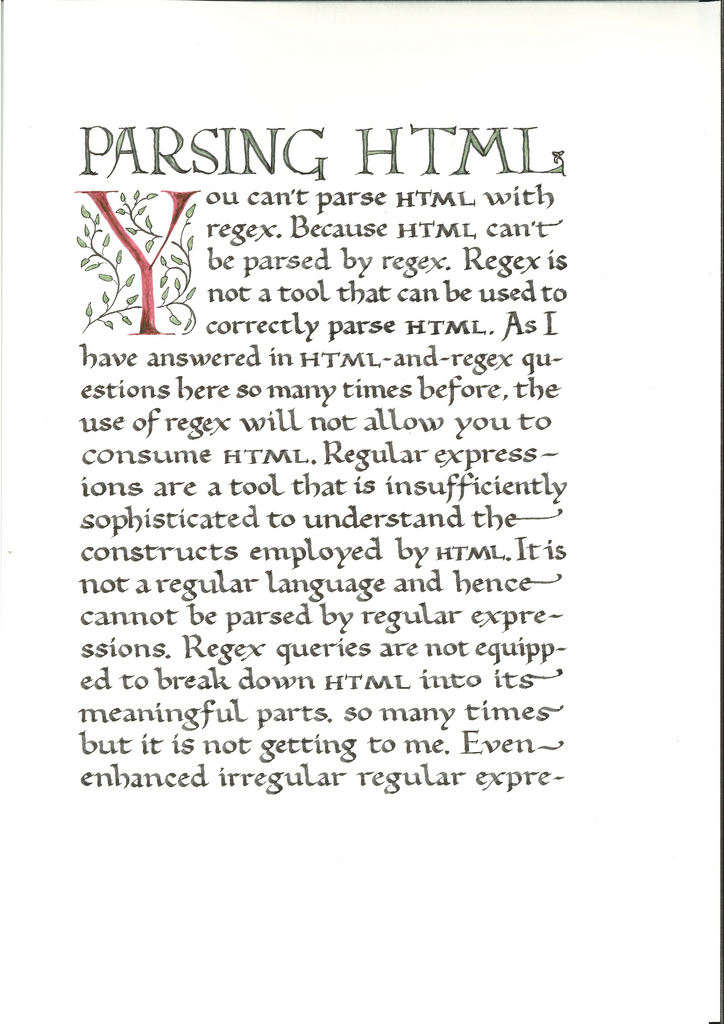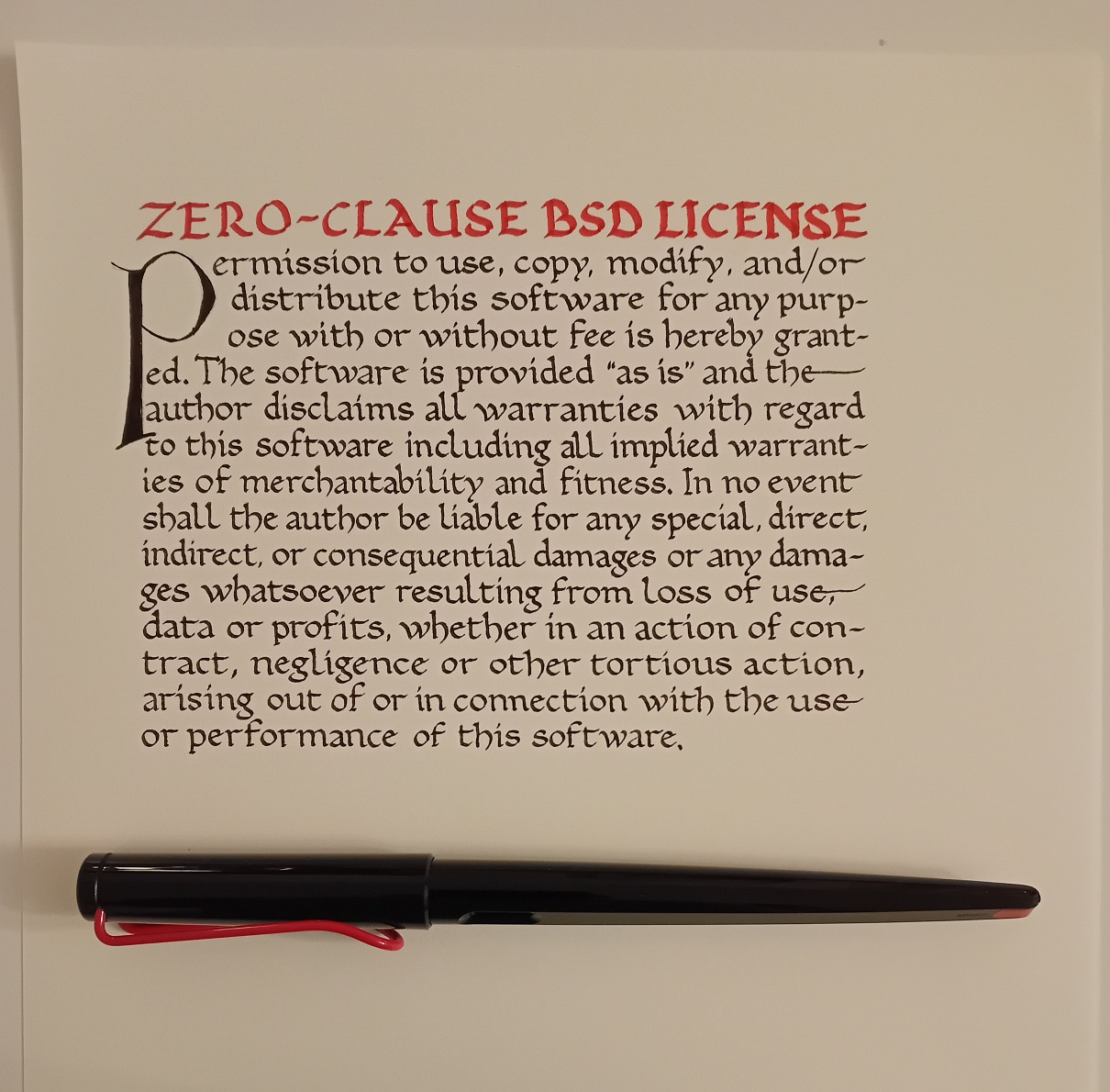Polishing dotfiles for the color schemes and vimrc. Version controlling those dotfiles. Using neovim to edit the dotfiles configuring neovim. Scripting the tiling wm to open neovim in a way that fits editing the neovim config. Configuring ansible to be able to deploy the neovim dotfiles quickly from codeberg after reinstalling arch because it's the weekend and the kernel had some bloat parts so the whole system felt wrong.
I don't know what the things to the left are, plus pears?
We have the voting system to weigh in on what should be more visible and less visible. I want to believe it can work. If I give up on the idea that a crowd can collectively self regulate content without giving all power to a small group, then there's no point for me to be on lemmy. I can stand sometimes seeing things I don't want to see if the system generally works.
You can always use sid. Or debian stable but you do everything that needs bleeding edge in a distrobox.
Purely anecdotal, but the dominance/submission dynamic is something that many women seem to actually want. I have never steered things in that direction since it's not my thing, but everyone I have been with has asked for some actions like that, being held down, light choking, some pain, etc. Remember how popular 50 shades was? It saddened me, like, "this is what mainstream women actually want"? It's not what I want.
They also have the CMF for 359 euro, you don't have to get the expensive one.
Unfortunately our social democrats are in favor of chat control too, it was Ylva Johanssons idea to begin with.
I was thinking more about legal actions. But then again torrents need trackers and search sites. It seems like it's hard to shut down pirate bay though. I just have a feeling that usenet flies under the radar a bit, but if it became mainstream, it might be easier to shut down a server than a shifting swarm of peers?
Doesn't this also mean that the server can be a single point of failure? Whereas in a torrent swarm it's distributed and more resilient?
As a swede, what about the picture is different to what you are used to in America?
Yes, true. But then you need to carry an extra device. I know it's just inconvenience.





ANDRUM or FJÄTTRA could work.